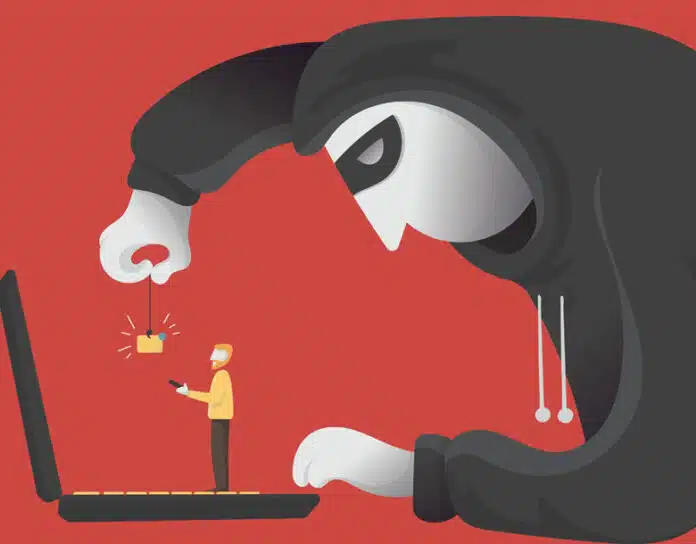As the Texas attorney general targets a GoFundMe account engaged in allegedly illegal fundraising in the name of flood relief, the SEC is warning investors to be wary of investment scams related to natural disasters, including the recent Texas floods.
Texas Attorney General Ken Paxton sent a warning letter to the organizer of the unverified GoFundMe campaign, alleging unlawful conduct and calling on the organizer to cease the campaign and return any donations, according to a news release from the Attorney General’s Office. Paxton threatens legal action, including seeking civil penalties, restitution, and court-ordered injunctions.
Meanwhile, the SEC’s Office of Investor Education and Advocacy (OIEA) warms in a news release that fraudsters frequently use disasters such as floods, wildfires, and hurricanes to dupe individuals into investment scams. Individuals receiving money from insurance companies or other sources are often the targets of the scams.
The OIEA says the scammers may:
- Ask for “investments” in companies they claim are involved in cleanup, repair and recovery efforts.
- Say the “investment” will benefit victims of the disaster, in addition to making money for the investor.
- Promote the stock of companies they say will bring large profits from recovery and cleanup efforts, and then sell their own shares of the stock at the inflated price. The technique is known as a “pump-and-dump” scam.
The scammers may try to contact a large number of individuals through unsolicited emails, on social media, or by text or phone. They also may deceptively claim they are affiliated with state and federal governments or major companies. To learn more about impersonation schemes go here.
Be Wary; Ask Questions
The OIEA counsels investors to be skeptical of someone who approaches them touting an investment opportunity linked to natural disasters. In such cases, ask the person if they are licensed, and if the investment is registered with the SEC or with a state regulator.
Investor.gov has a free search tool to check the background, including license and registration status, of anyone who tries to sell an investment.
Protect Your Money
If you received a large payment or lump sum to assist with recovery efforts, the OIEA recommends that you take a close look at your financial situation before making any investment decisions. To assist with that, the OIEA offers the publication Making the Most of Your Lump Sum Payment. “Remember, your payment may have to help finance your recovery as well as last you and your family for a long time,” the agency says in the news release.







